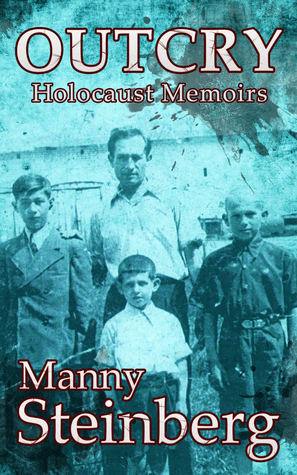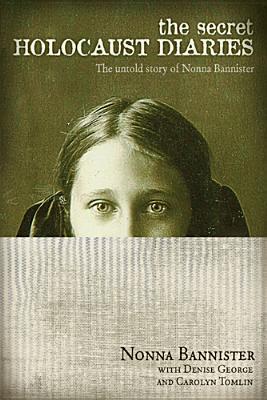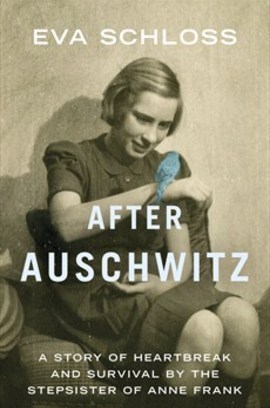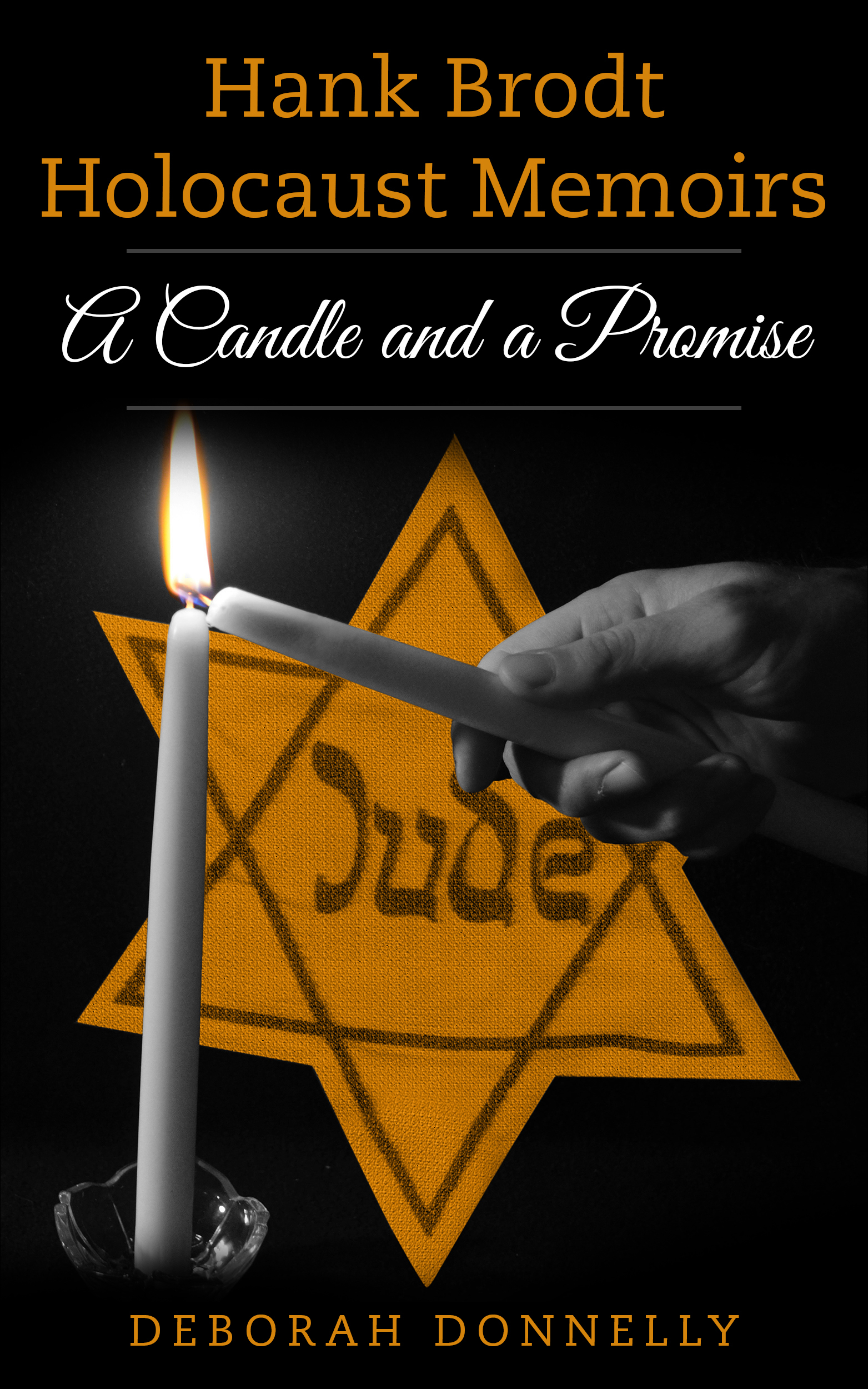
Outcry: Holocaust Memoirs
Book Description
A life torn apart by shadows of history unfolds in "Outcry: Holocaust Memoirs." Manny Steinberg’s haunting narrative reveals the raw truth of survival and the power of memory amid unimaginable horrors. Each page captures the pulse of resilience, as voices long silenced rise to tell their stories of despair and hope. Against the backdrop of terror, friendships are forged and moments of kindness shine through the darkness. This is not just a memoir; it’s a testament to the human spirit’s relentless fight for dignity. What will it take for us to truly remember and change our future?
Quick Book Summary
"Outcry: Holocaust Memoirs" by Manny Steinberg offers a raw and deeply personal account of surviving the Holocaust. Steinberg, torn from his childhood in Poland, endures the brutality of Nazi concentration camps, witnessing the depths of human cruelty and the fragile moments of compassion that emerge amid suffering. The memoir details not only the physical hardships—starvation, forced labor, and constant threat of death—but also the emotional and psychological toll on those targeted by hatred. Through Steinberg’s eyes, readers trace the parallel paths of despair and resilience, finding hope in small acts of kindness and the unbreakable bonds of family and friendship. Steinberg’s narrative compels readers to confront history’s darkest moments while bearing witness to an enduring spirit determined to survive, remember, and prevent future atrocities.
Summary of Key Ideas
Table of Contents
Survival Amidst Atrocity
In "Outcry: Holocaust Memoirs," Manny Steinberg recounts his early years in pre-war Poland, a time marked by close family ties and a vibrant Jewish community. The onset of the Nazi invasion shatters this world, plunging Steinberg and his loved ones into chaos and fear. The abrupt loss of normalcy and security sets the stage for a harrowing journey through the ghettos and, eventually, the infamous concentration camps where survival becomes the central focus.
Resilience of the Human Spirit
Faced with starvation, disease, and the constant threat of death, Steinberg reveals the staggering challenges of daily life under Nazi rule. His memoir does not shy away from the brutality: forced labor, random executions, and the omnipresent shadow of violence. Despite these horrors, moments of unexpected kindness and solidarity among prisoners emerge. These rare gestures—a shared crust of bread, comforting words—become lifelines and reminders of shared humanity amid inhuman conditions.
The Importance of Memory and Testimony
Steinberg’s story emphasizes resilience and the will to survive, not just physically but emotionally. Maintaining hope becomes a radical act of defiance against a regime intent on dehumanizing its victims. The steadfast support of his family, especially his bond with his brother, helps sustain him. Throughout his ordeal, Steinberg clings to the belief that life is worth fighting for, drawing strength from memories and the dream of freedom.
The Role of Compassion and Solidarity
A crucial element of Steinberg’s memoir is the call to remembrance. He narrates his experiences with the intent that such horrors should never fade from collective memory, urging future generations to confront the brutal realities of history. "Outcry" acts both as personal testimony and universal warning, insisting that acknowledging the truth is a necessary step towards ensuring such darkness is never repeated.
Impact of Trauma and the Process of Healing
After liberation, the challenges of rebuilding life surface. Steinberg explores the lasting psychological scars carried by survivors and the struggle to reconnect with a shattered world. Healing does not come quickly or easily; it requires both personal resilience and communal understanding. Through sharing his story, Steinberg finds catharsis and purpose, transforming trauma into a pledge to honor those lost and inspire a future built on empathy and vigilance.
Download This Summary
Get a free PDF of this summary instantly — no email required.





